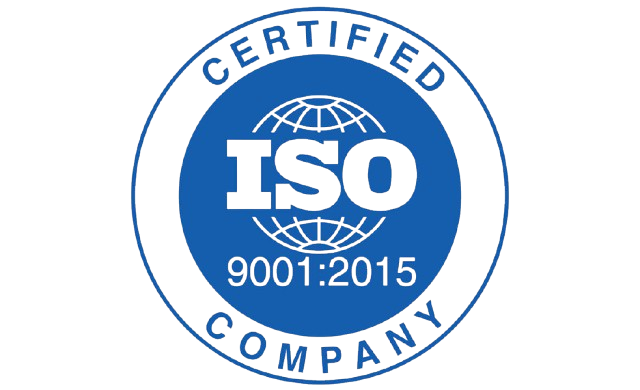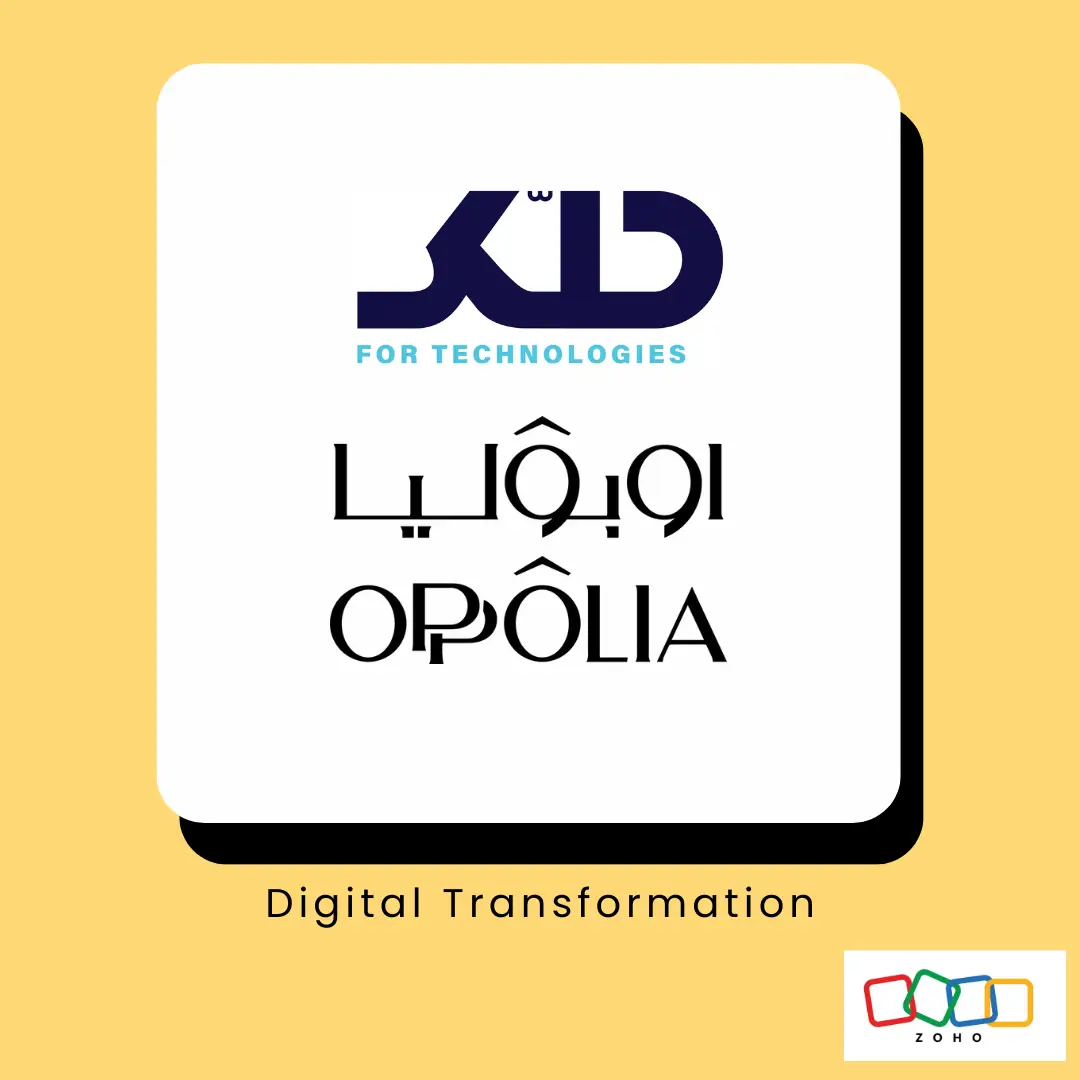Zoho Creator’s Role in Digital Transformation: Empowering Businesses to Adapt and Thrive Digital transformation has become an imperative for businesses seeking to stay competitive in an increasingly tech-driven world. At the heart of this transformation lies the need for agility, efficiency, and innovation. Zoho Creator, with its powerful low-code platform, emerges as a key enabler, empowering organizations to build custom applications, automate processes, and adapt to evolving market demands with ease. This blog delves into how Zoho Creator supports digital transformation, highlights its industry-specific applications, showcases its potential to empower non-technical users, and discusses how it prepares businesses for the future. Understanding Digital Transformation and Its Challenges The Need for Digital Transformation In today’s fast-paced business environment, digital transformation is no longer optional; it is a necessity. Companies need to: Streamline operations to improve efficiency. Enhance customer experiences through personalized services. Adapt quickly to changing market trends. Leverage data for informed decision-making. However, traditional approaches to achieving these goals often require significant time, technical expertise, and financial resources. This is where low-code platforms like Zoho Creator step in to bridge the gap. Challenges in Adopting Digital Solutions High Development Costs: Traditional software development can be prohibitively expensive. Dependency on IT Teams: Businesses often rely heavily on IT departments, creating bottlenecks. Lack of Flexibility: Off-the-shelf software may not cater to unique business needs. Resistance to Change: Employees may find it challenging to adapt to new technologies. How Zoho Creator Drives Digital Transformation Zoho Creator is a robust low-code platform designed to simplify the process of app development and automation. Here’s how it accelerates digital transformation: Simplifies App Development Zoho Creator enables users to build custom applications without extensive coding knowledge. Its drag-and-drop interface and pre-built templates make app creation accessible to anyone, from business owners to frontline staff. Example: A small retail business can quickly develop an inventory management system tailored to its operations. Automates Manual Processes Businesses can automate repetitive tasks, such as data entry, invoicing, and reporting, reducing human error and saving time. Deluge scripting enhances workflows by enabling conditional logic and dynamic actions. Fosters Cross-Platform Integration Seamlessly integrates with other Zoho applications and third-party platforms like Google Workspace, Salesforce, and QuickBooks. Example: Sync customer data from Zoho CRM to a Zoho Creator app to create a unified database. Enhances Data Accessibility and Decision-Making Centralizes data from multiple sources, making it easily accessible and actionable. Provides real-time insights through custom dashboards and analytics. Reduces Dependency on IT Teams Non-technical users can create, deploy, and manage applications independently, freeing up IT resources for more complex projects. Industry-Specific Applications of Zoho Creator Zoho Creator’s versatility makes it suitable for various industries: Retail: Develop custom point-of-sale systems, manage inventory, and track sales trends with real-time analytics. Manufacturing: Streamline production workflows, monitor supply chain activities, and generate detailed performance reports. Healthcare: Automate patient appointment scheduling, manage medical records, and track inventory of medical supplies. Education: Create applications for managing student admissions, attendance, and grading systems, and facilitate virtual learning platforms. Real Estate: Develop apps for property listing management, lead tracking, and automate lease agreement processes. Empowering Non-Technical Users One of the standout features of Zoho Creator is its ability to democratize app development. Here’s how it empowers non-technical users: User-Friendly Interface The intuitive drag-and-drop builder requires no coding experience. Pre-built modules and templates further simplify the process. Extensive Learning Resources Zoho provides tutorials, webinars, and documentation to help users get started. Community forums offer support and inspiration from other users. Customizable Features Users can tweak apps to suit specific needs without starting from scratch. Dynamic workflows and conditional logic can be easily implemented using Deluge scripting. Self-Sufficiency in App Management Non-technical users can independently update and maintain applications, reducing reliance on IT professionals. Preparing Businesses for the Future Zoho Creator not only addresses current business needs but also prepares organizations to adapt to future challenges and opportunities. Here’s how: Scalability Apps built on Zoho Creator can scale alongside business growth, accommodating increasing data and user loads. Integration with Emerging Technologies Incorporates AI-powered tools for data analysis, sentiment tracking, and process automation. Example: Use Zoho Creator’s AI integrations to analyze customer feedback and improve service delivery. Global Accessibility Multi-language support and cloud-based deployment make apps accessible to global teams and customers. Regulatory Compliance Features like audit trails, data encryption, and role-based access controls ensure compliance with data protection regulations. Best Practices for Leveraging Zoho Creator in Digital Transformation To maximize the benefits of Zoho Creator, businesses should follow these best practices: Start Small, Scale Gradually: Begin with a single process or department before expanding to other areas. Engage End-Users Early: Involve employees in app development to ensure the solution meets their needs and encourages adoption. Leverage Integration Capabilities: Connect Zoho Creator with existing tools to create a unified ecosystem. Prioritize Data Security: Use role-based access controls and encryption to safeguard sensitive information. Invest in Training: Regular training sessions help users make the most of Zoho Creator’s features. Conclusion Zoho Creator is pivotal in driving digital transformation. It enables businesses to build custom applications, automate workflows, and enhance operational efficiency. Its low-code platform democratizes app development, empowering non-technical users to create impactful solutions. By leveraging Zoho Creator’s capabilities, businesses can overcome traditional challenges, adapt to changing environments, and prepare for future growth. Whether you’re a small business or a large enterprise, Zoho Creator provides the tools you need to thrive in a digital-first world. Start your transformation journey today and unlock the full potential of your business!
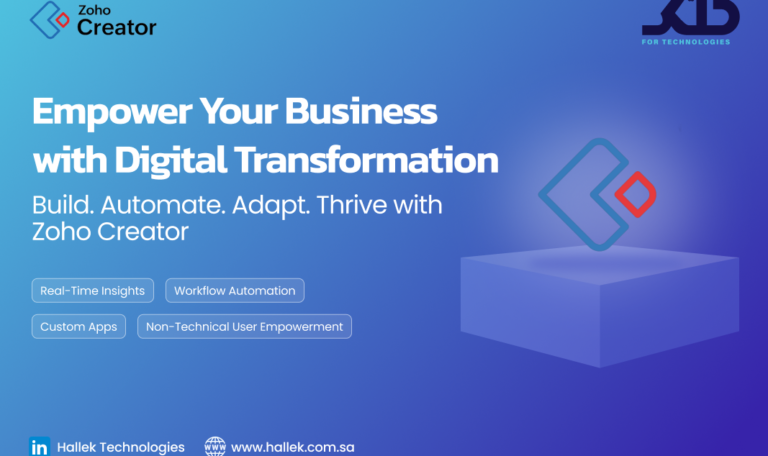

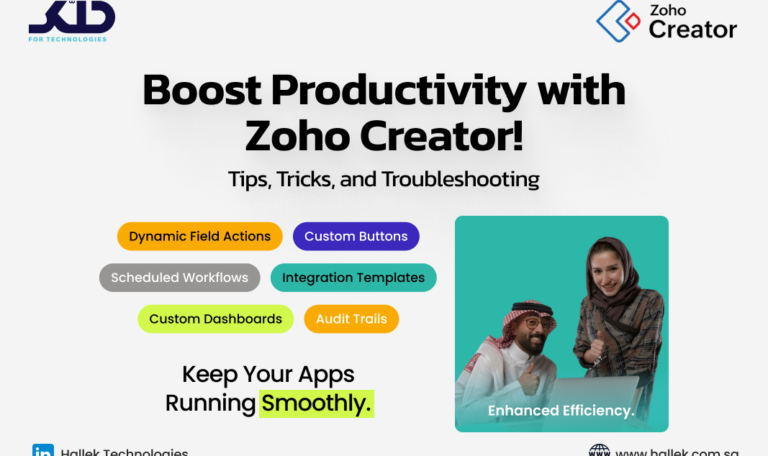
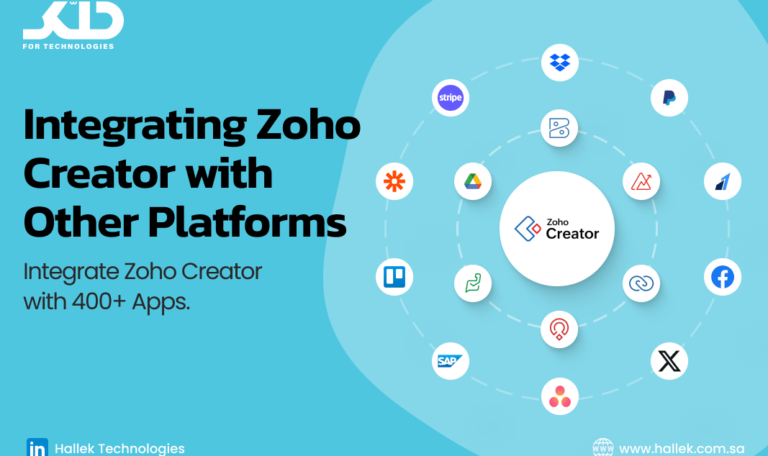


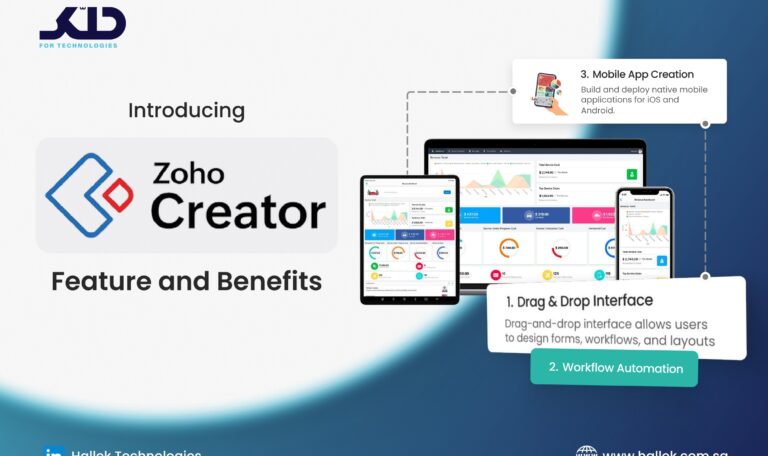
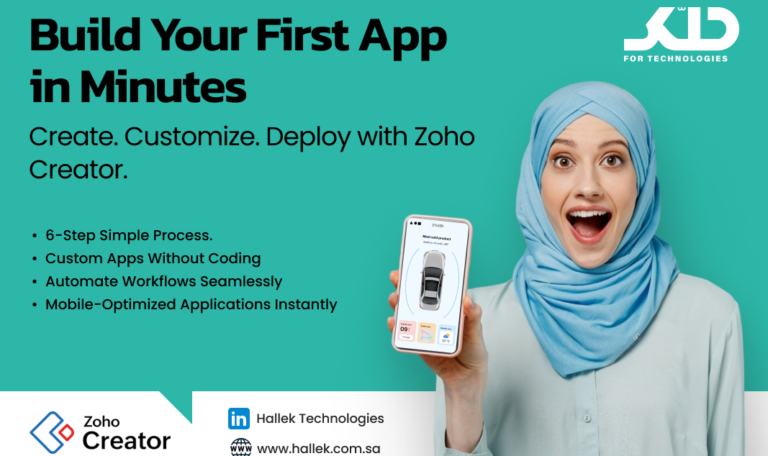
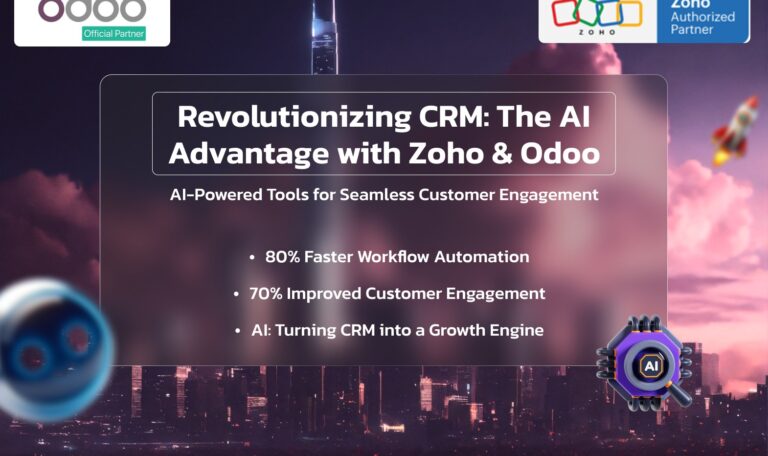
![Frame [] page](https://hallek.com.sa/wp-content/uploads/2024/12/Frame-351_page-0001-768x456.jpg)



